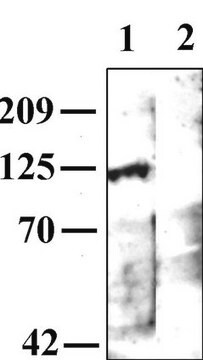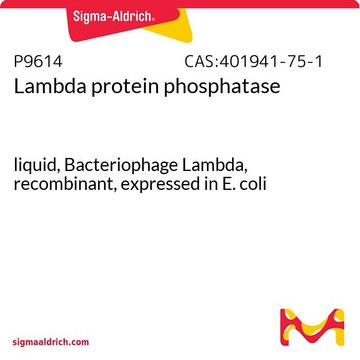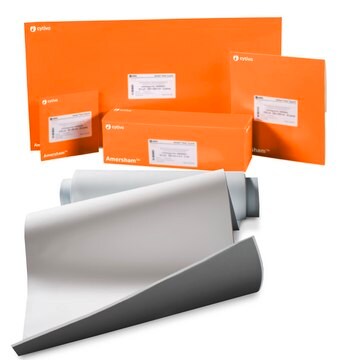MAB1576
Anti-Muscarinic Acetylcholine Receptor m4 Antibody, clone 17F10.2
purified antibody, clone 17F10.2, Chemicon®
About This Item
Productos recomendados
biological source
mouse
Quality Level
antibody form
purified antibody
antibody product type
primary antibodies
clone
17F10.2, monoclonal
species reactivity
mouse, monkey, rat
manufacturer/tradename
Chemicon®
technique(s)
immunocytochemistry: suitable
immunoprecipitation (IP): suitable
western blot: suitable
isotype
IgG1
NCBI accession no.
UniProt accession no.
shipped in
wet ice
target post-translational modification
unmodified
Gene Information
mouse ... Chrm4(12672)
rat ... Chrm4(25111)
rhesus monkey ... Chrm4(574195)
Specificity
Immunogen
Application
Western blot (rat, mouse, human): ECL 4-10 μg/mL
Immunoprecipitation (rat)
Optimal working dilutions must be determined by the end user.
Neuroscience
Neurotransmitters & Receptors
Physical form
Storage and Stability
Other Notes
Legal Information
Disclaimer
Not finding the right product?
Try our Herramienta de selección de productos.
Storage Class
10 - Combustible liquids
wgk_germany
WGK 2
flash_point_f
Not applicable
flash_point_c
Not applicable
Certificados de análisis (COA)
Busque Certificados de análisis (COA) introduciendo el número de lote del producto. Los números de lote se encuentran en la etiqueta del producto después de las palabras «Lot» o «Batch»
¿Ya tiene este producto?
Encuentre la documentación para los productos que ha comprado recientemente en la Biblioteca de documentos.
Nuestro equipo de científicos tiene experiencia en todas las áreas de investigación: Ciencias de la vida, Ciencia de los materiales, Síntesis química, Cromatografía, Analítica y muchas otras.
Póngase en contacto con el Servicio técnico






